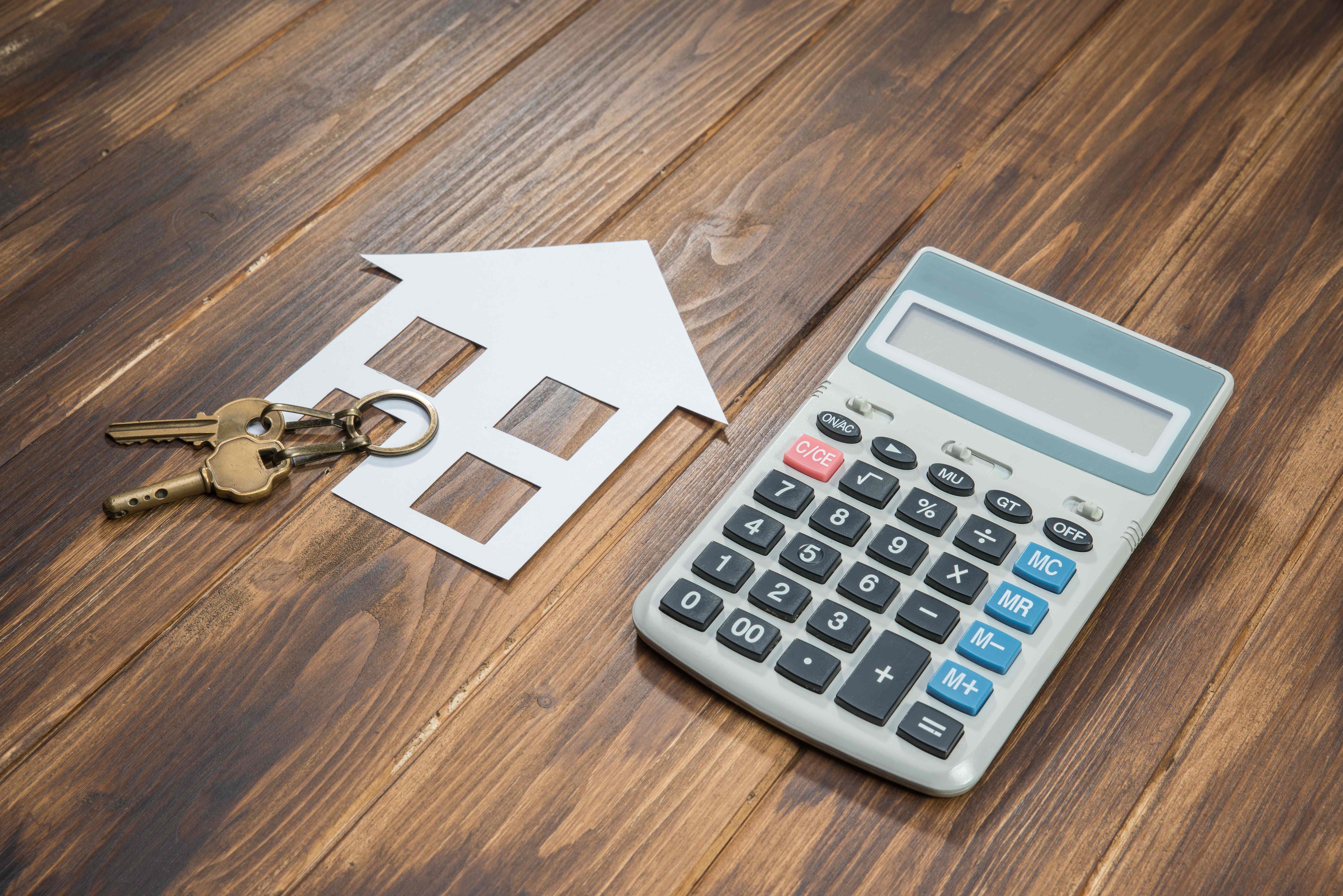“Cash flow” is a term that surfaces in many discussions regarding real
estate—and all things considered. As a property owner, if the lease you charge
is altogether higher than your costs, that merit can enable you to earn more as
well as fill in as potential back up cash, so that when you hit an extreme
number of vacancies or when the unfortunate happens. You are prepared.
What's more, the unforeseen
will happen, in the long run. It could be anything from an old rooftop waiting
be replaced to termite damage to a major pipe leak. Numerous real estate entrepreneurs
take advantage of whatever access they have to the capital. Whether it be reserves, lines of credit, or even their
network of private financiers.
How much cash flow is enough?
I've generally had
the outlook that cash flow is the best. Throughout the years, my sweet spot for
least cash flow was about $300 to $400, yet I should state that this objective
hasn't been feasible for each and every property. A few properties have gotten
less, while others have acquired substantially more.
For instance, I have one property at this moment that cash
flows $100 a month, and I despise it, however that is only the way it turned out.
I have a considerable amount of value in it, however the house isn't worth a
lot. The other extraordinary thing is that I have a property that cash flows
$1,600 a month. Rather than concentrating on single properties, I began to take
a glance at my entire real estate portfolio.

What is the normal cash flow? What is your normal cost of
capital for every one of your properties?
It depends, for a few investors, expanding cash flow is not
of much importance as compared to their other investment goals.
Investing
and tax implications
Financial specialists who are high income workers might
search for tax benefits and wire offs to balance earned wages. At the end of
the day, having more cash flow (income) may not serve you in specific periods
of your life from a tax collection point of view.
Perhaps before you invest into your next property you should
get some information about how much cash flow you can include without
fundamentally expanding your taxations.
Different speculators might be keener on long haul capital
increases. My point is that getting more cash flow isn't the objective for all
real estate financial specialists.
Ways
to increase cash flow
If you’re hoping to build cash flow, there are a couple of
approaches to do it.
Obviously, seeking after most noteworthy and best
utilization of the property by making upgrades is a typical method to build
lease. In any case, you're putting resources into higher-end properties with
less opportunity to get better, this can be intense. All things considered, the
more the property is worthwhile, the more cash flow you’ll require.
Another methodology is exemplary arbitrage: taking advantage
of your value in the property and contributing that cash elsewhere, influencing
a higher return than your interest rate.
Unquestionably, cash flow helps assemble and manage my real estate
portfolio. However, consolidating the accentuation on cash flow with the use of
arbitrage and tax saving techniques, for example, taking passive losses enables
generating riches considerably quicker.

No comments:
Post a Comment